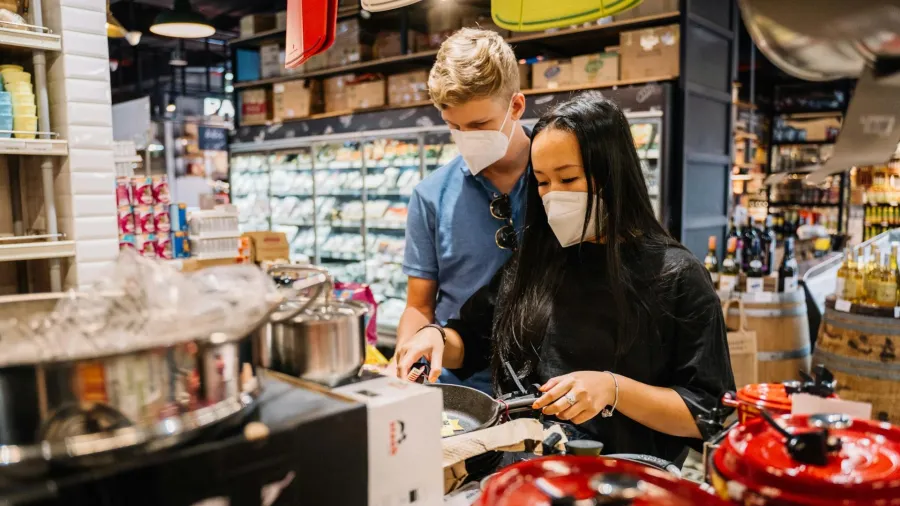
APAC consumers embrace cost-conscious spending
They are focusing on products that offer better functionality, quality, convenience, and health benefits.
Economic slowdowns, job instability, and rising prices are driving consumers in Asia Pacific to adopt more cost-conscious spending habits.
According to a report by Euromonitor International, about 72% of consumers in the region are concerned about the increasing cost of everyday expenses, prompting them to make more deliberate purchasing decisions.
Consumers are prioritising value, focusing on products that offer better functionality, quality, convenience, and health benefits. This shift, identified as Wiser Wallets, is expected to be one of the top global consumer trends for 2025.
The report said that retailers are adapting by focusing on affordability and technological innovation. Warehouse clubs like Sam’s Club in China and variety stores such as Daiso and Miniso are thriving, whilst private label offerings are expanding both offline and online.
Companies like Foodpanda and e-commerce platforms Temu and Coupang are also offering budget-friendly, unbranded products to meet demand.
Technology is also playing a role, with AI solutions improving retail efficiency. For example, Jago Coffee in Indonesia is using AI to modernise traditional coffee-on-bike services, and South Korea’s Munguya Nolja is leveraging digital tools to offer an unmanned shopping experience.
Nearly 50% of consumers in loyalty programs also said they participate for discounts and offers, with this figure rising to 60% in emerging markets like Indonesia and Thailand.
Brands are responding to the demand for value by offering affordable premiumization—products with added value at lower price points.
Local brands, especially in beauty and luxury goods, are leading this trend by providing high-quality products at more affordable prices. International brands like L’Oréal are also introducing more affordable versions of their premium products to stay competitive.
Moreover, generative AI is enhancing personalised shopping experiences, with 30% of consumers in Asia Pacific believing it improves their retail experience. Retailers are also benefitting from operational efficiencies through tech-driven solutions, including unmanned stores and seamless online-offline integration.

















 Advertise
Advertise






